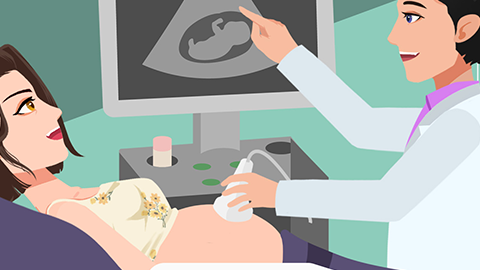What time should you stop eating the night before a non-invasive procedure?
Generally, it is not recommended to eat after 8 p.m. the night before a non-invasive examination. Small amounts of plain water may be consumed, but the exact timing should follow the specific test requirements and medical instructions. If in doubt, it's advisable to consult a healthcare provider in advance. Detailed analysis is as follows:

Most non-invasive tests (such as non-invasive DNA testing or certain imaging examinations) require fasting to avoid interference from substances produced during digestion that could affect the accuracy of test results. By stopping food intake after 8 p.m. the previous evening, and undergoing the test the next day (typically after a 10–12 hour interval), most food will have cleared the gastrointestinal tract, minimizing interference with test indicators.
For certain specialized tests (e.g., some non-invasive ultrasound examinations), strict fasting may not be necessary, and fasting for only 4–6 hours beforehand might suffice; in such cases, timing should strictly follow medical advice. Additionally, individuals with special health conditions such as hypoglycemia or diabetes may experience discomfort from prolonged fasting. These individuals should communicate with their doctor in advance to determine whether fasting duration needs adjustment or other precautions are required.
Prior to the examination, it is essential to confirm the specific fasting requirements for the test being performed—do not rely solely on general assumptions. During the fasting period, small amounts of plain water are permitted, but beverages such as soda, coffee, and tea should be avoided.




